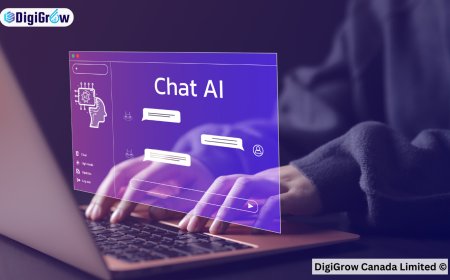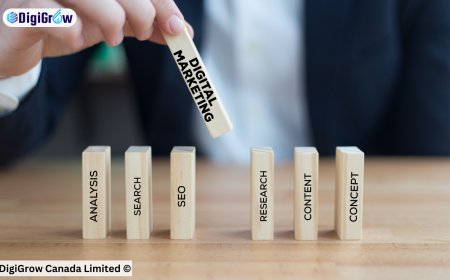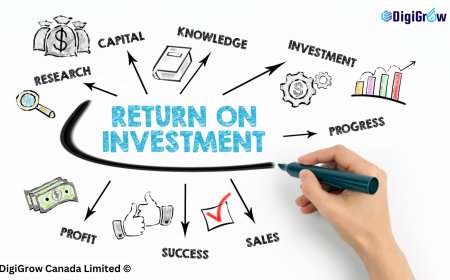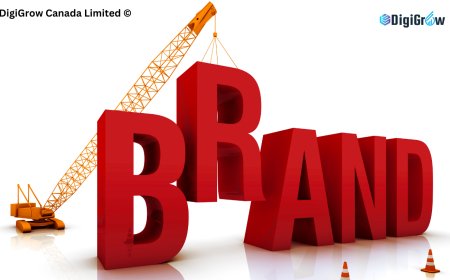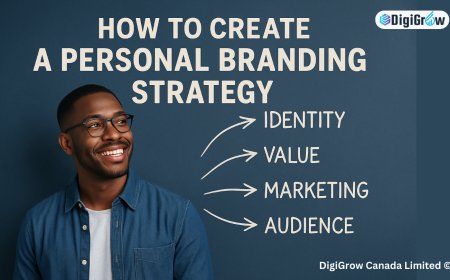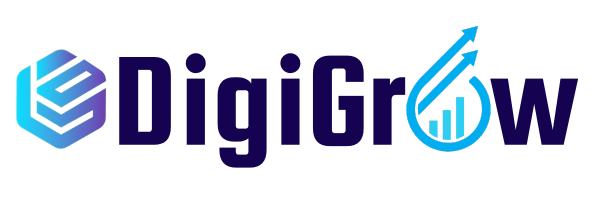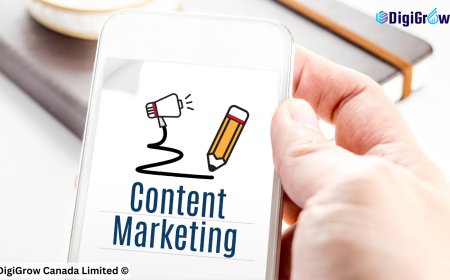The Power of Digital Marketing: Transforming Businesses in the Digital Age
Unlock the potential of digital marketing to grow your business. Learn strategies for SEO, content marketing, social media, and more in this comprehensive guide.
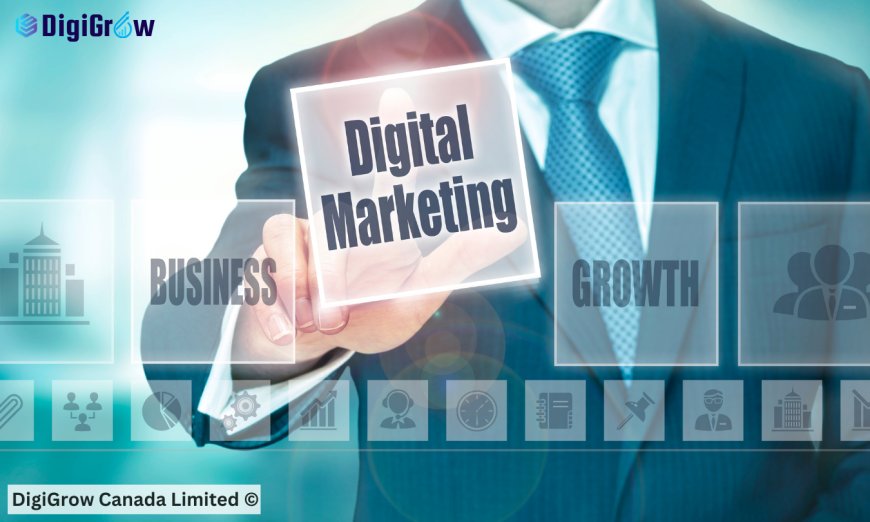
Introduction
In the rapidly evolving business landscape, digital marketing has emerged as a crucial tool for businesses of all sizes. It encompasses a wide range of online marketing activities that leverage digital channels such as search engines, social media, email, and websites to connect with potential customers. This article explores the fundamentals of digital marketing, its importance, and how it can be leveraged to drive business growth.
What is Digital Marketing?
Digital marketing refers to the use of digital channels and technologies to promote products and services. Unlike traditional marketing, which relies on print, radio, and TV, digital marketing focuses on reaching audiences through online platforms. Key components of digital marketing include:
- Search Engine Optimization (SEO): Enhancing website visibility on search engines to attract organic traffic.
- Content Marketing: Creating and distributing valuable content to attract and engage target audiences.
- Social Media Marketing: Using social media platforms to promote products, engage with customers, and build brand awareness.
- Email Marketing: Sending targeted emails to nurture leads and convert them into customers.
- Pay-Per-Click (PPC) Advertising: Running paid ads on search engines and social media to drive traffic and sales.
- Affiliate Marketing: Partnering with affiliates to promote products and earn commissions on sales.
Importance of Digital Marketing
Digital marketing offers several advantages over traditional marketing methods:
- Cost-Effectiveness: Digital marketing campaigns can be more affordable and provide a higher return on investment (ROI) compared to traditional media.
- Measurability: With advanced analytics tools, businesses can track the performance of their campaigns in real-time and make data-driven decisions.
- Targeting: Digital marketing allows precise targeting based on demographics, interests, and behavior, ensuring that marketing efforts reach the right audience.
- Engagement: Social media and other digital platforms enable direct interaction with customers, fostering stronger relationships and brand loyalty.
- Global Reach: The internet provides access to a global audience, allowing businesses to expand their reach beyond local markets.
Strategies for Effective Digital Marketing
To harness the full potential of digital marketing, businesses should consider the following strategies:
- Define Clear Goals: Establish specific, measurable, achievable, relevant, and time-bound (SMART) goals to guide your digital marketing efforts.
- Understand Your Audience: Conduct thorough market research to understand your target audience's needs, preferences, and behaviors.
- Create High-Quality Content: Develop valuable and engaging content that addresses your audience's pain points and interests.
- Leverage Multiple Channels: Use a mix of digital channels to reach your audience, including SEO, social media, email, and PPC advertising.
- Optimize for Mobile: Ensure that your website and content are mobile-friendly, as a significant portion of online traffic comes from mobile devices.
- Analyze and Adjust: Continuously monitor the performance of your campaigns and make adjustments based on data insights to improve results.
Case Study: Digital Marketing Success
A leading example of digital marketing success is the story of Airbnb. By leveraging digital marketing strategies, Airbnb transformed from a small startup into a global hospitality giant. The company used SEO to improve its search engine rankings, content marketing to create engaging blog posts and videos, and social media to build a strong online presence. Additionally, Airbnb's targeted email campaigns helped nurture leads and convert them into loyal customers.
Digital marketing is an indispensable tool for businesses aiming to thrive in the digital age. By understanding its components and implementing effective strategies, businesses can reach their target audience, drive engagement, and achieve sustainable growth. As the digital landscape continues to evolve, staying updated with the latest trends and technologies will be key to maintaining a competitive edge.
What's Your Reaction?
 Like
0
Like
0
 Dislike
0
Dislike
0
 Love
0
Love
0
 Funny
0
Funny
0
 Angry
0
Angry
0
 Sad
0
Sad
0
 Wow
0
Wow
0

